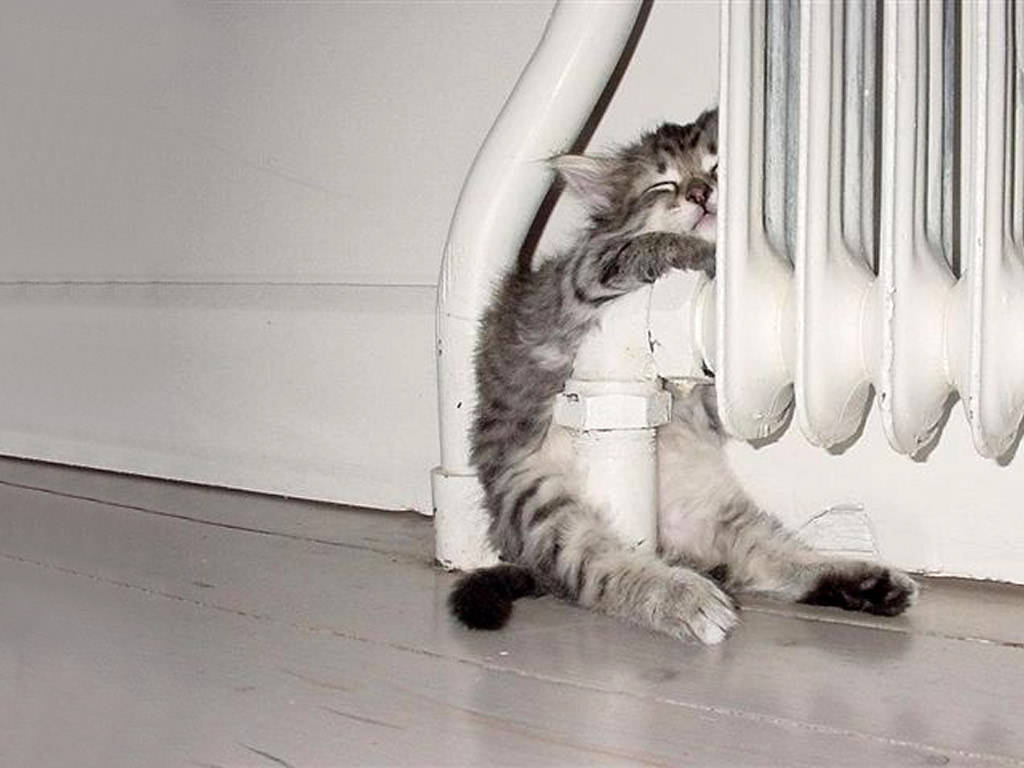
How often do facilities managers lose bits of their building?
More often than you might think.
The curious case of the missing radiator
Took a call from a client earlier in the year, who had a customer running a large educational estate. Many blocks of buildings, dating back to the Victorian era, most serviced from a central boiler room and a number of heating circuits. The problem, simply put, is that no one really knows which radiators belong to which circuit.
Over the years new legs have been added, some bits bypassed, whole blocks rationalised and generally, the records of what has been done aren’t complete. Now the customer wants to improve hot water circulation with new pumps on the circuits and not being sure how much capacity each circuit needs creates a problem.
Letting the data speak for itself
This is where live data comes into its own – there’s something very pleasing about putting sensors on each of these radiators and watching the radiators on plan light up as each circuit is tested. It’s certainly lower hassle than trying to do the same with data loggers and offers the added bonus of being able to identify the delay between boiler supplying hot water and it being available in the radiators.
But look closer – this is problem not confined to rambling Victorian establishments and ‘losing’ bits of a heating system. In fact it’s common to any control system that is trying to deal with shifting agendas over the years. You see it often in a BMS, where layers of different controls are added to cater for long gone meeting rooms or zones that don’t reflect the current layout. Without regular audits and monitoring, performance drift in buildings can chisel away at any gains made through investments in new energy efficient capital equipment.
Fighting back against performance drift
The first step in dealing with drift is making a regular audit part of your maintenance regime. There’s plenty of evidence that ‘retro-commissioning’ heating/cooling systems can provide an energy reduction payback in less than a year, even before the improvements in performance when combined with more efficient capital equipment.
If a full blown retro-commissioning audit is outside your resources, at least making room for regular monitoring of the basics such as run time, set point, occupier overrides, start-stop times can keep your building on track.
Before you get to the stage of losing your radiators.
